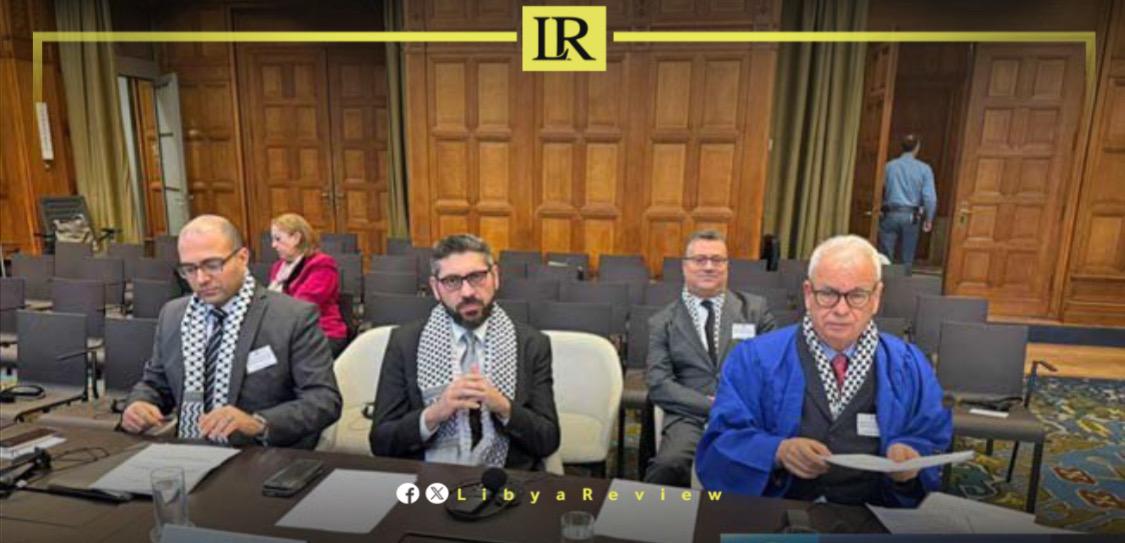On Saturday, Hamas expressed strong support for Libya’s decision to join a lawsuit initiated by South Africa against Israel at the International Court of Justice (ICJ).
The lawsuit accuses Israel of genocide and other violations against Palestinians. Libya’s involvement was hailed by Hamas as a reinforcement of the Libyan people’s enduring support for the Palestinian cause.
This development was discussed during a parliamentary session in Cyprus, attended by the Libyan Ambassador to Cyprus, Gweider Ibrahim Gweider, and Cypriot President Nikos Christodoulides. The statement released by Hamas on Saturday praised Libya’s action as a firm stance aligned with efforts to hold Israel accountable for its alleged transgressions in Gaza.
The legal action at the ICJ centers on charges that Israel has committed genocide in Gaza and has systematically violated Palestinian rights. By joining the lawsuit, Libya leverages its position as a signatory to the Convention on the Prevention and Punishment of the Crime of Genocide, asserting its legal standing in cases concerning genocide.
The ICJ acknowledged Libya’s intervention, focusing on the interpretation and application of the Genocide Convention’s provisions that relate to preventing and punishing acts of genocide. This move allows Libya to contribute to the broader legal examination of Israel’s actions in Gaza and their compliance with international law.
In its declaration, Libya condemned Israel’s acts in Gaza, characterizing them as genocidal intentions aimed at the destruction of Palestinians as a national and ethnic group. Hamas has urged the global community, particularly Arab and Muslim countries, to support efforts to isolate Israel and halt its actions against Palestinian civilians.
Furthermore, the ICJ’s acceptance of Libya’s participation marks a pivotal moment in the ongoing international legal efforts to address alleged human rights abuses in the Israeli-Palestinian conflict. It highlights the complex dynamics of international law and the growing push by nations to resolve deep-rooted conflicts through judicial channels.
The court has invited South Africa and Israel to provide written observations on Libya’s declaration of intervention, signaling the next phase of legal proceedings. This case not only underscores the international community’s role in global justice but also illustrates the increasing recourse to legal avenues to address and potentially resolve longstanding regional disputes.


